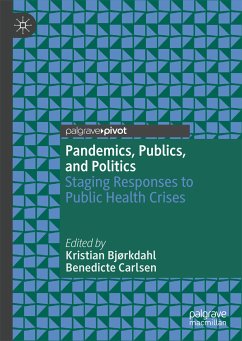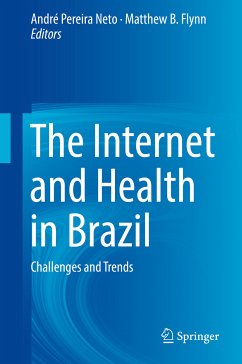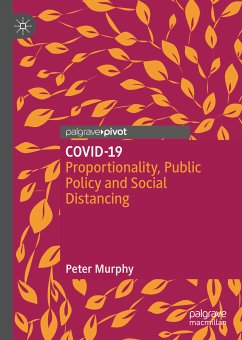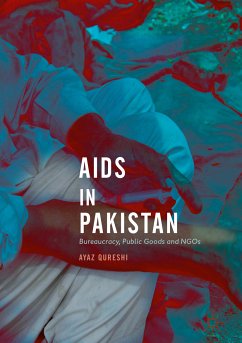
Pandemics, Publics, and Politics (eBook, PDF)
Staging Responses to Public Health Crises
Redaktion: Bjørkdahl, Kristian; Carlsen, Benedicte
Versandkostenfrei!
Sofort per Download lieferbar
48,95 €
inkl. MwSt.
Weitere Ausgaben:

PAYBACK Punkte
24 °P sammeln!
- Uniquely describes the distinctive preconditions for pandemic preparedness and response in our time
- Provides accessibly written and succinct perspectives on a still under-explored aspect of public health preparedness.
- Valuable resource for researchers in medical humanities, medical anthropology, sociology of health and medicine, as well as researchers within public health studies.
Dieser Download kann aus rechtlichen Gründen nur mit Rechnungsadresse in A, B, BG, CY, CZ, D, DK, EW, E, FIN, F, GR, HR, H, IRL, I, LT, L, LR, M, NL, PL, P, R, S, SLO, SK ausgeliefert werden.












